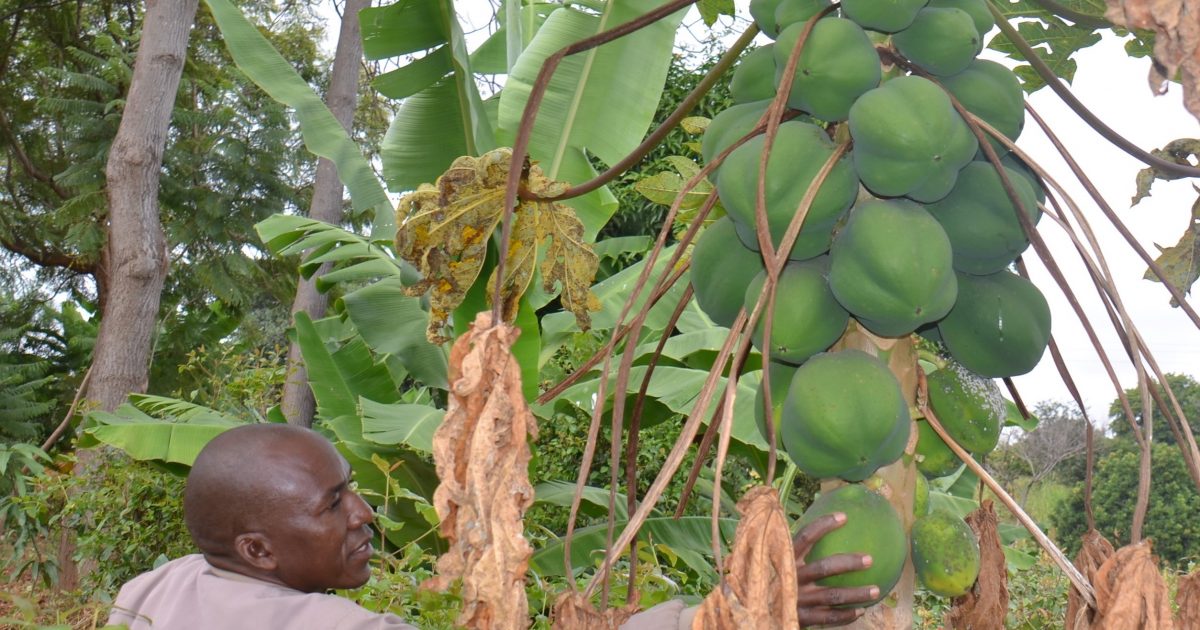Reports by the United Nations suggest that producing plant-based foods, generally results in fewer greenhouse gas emissions and requires less energy, land, and water than meat and dairy.
Environment Cabinet Secretary (CS), Keriako Tobiko, and his Health counterpart, Mutahi Kagwe, are in agreement with a Report by the United Nations in collaboration with Climate Change experts, which affirm that eating more locally produced vegetables, is an individual, family and institutional action, to counter the worsening impacts of Climate Change occasioned by green gas emissions, produced during processing meat and milk products.

The expert Reports suggest plant-rich diets help reduce heart disease, stroke, diabetes and cancer reiterating that local products taste better and are good for the planet, calling on people, families and institutions to change their diet by eating more veggies.
The Report says eating more vegetables, fruits, whole grains, legumes, nuts and seeds, help lower environmental impact. “Buying locally produced food supports small businesses and firms, and reduces fossil fuel emissions, associated with transport and storage and lessening the potential for food loss along the way.
The Report noted that buying and consuming food around the time it is harvested helps support local farmers and reduces carbon emissions caused by transport and storage, adding that seasonal food is also fresher, tastier and more nutritious.
The United Nations World Inter-governmental Organization, has observed individual and institutional action, will help protect the planet and people’s health, calling for participation in the global movement, to help tackle the climate crisis.
Besides eating more veggies other climate friendly actions towards addressing adverse climate change, include saving energy at home, walking, riding a bike or taking public transport as opposed to driving fossil fueled cars, avoiding unnecessary travel and throwing away less food.
It is also noted that reducing, reusing, repairing & recycling products than getting new ones contribute to restoration of a balanced mother nature.
There are calls for changing home’s source of energy, switching to an electric vehicle and choosing eco-friendly products.
The UN says actions against adverse climate change should accompany speaking up against pollution and degrading of the environment which has escalated climate change crisis often manifested as forest fires and flooding among other catastrophes.
In commemoration of the 50th anniversary since the creation of the United Nations Environmental Programme (UNEP) in 1972, the Fifth Session of the United Nations Environment Assembly (UNEA-5.2) took place in Nairobi and online in March, with the theme strengthening Actions for Nature to Achieve the Sustainable Development Goals.
The session highlighted the pivotal role nature plays in people’s lives and in Social, Economic and Environmental sustainable development.
A Special Session in line with the UNEP@50 discussed strengthening UNEP for the implementation of the environmental dimension of the 2030 agenda for sustainable development.
By Joseph Kamolo





